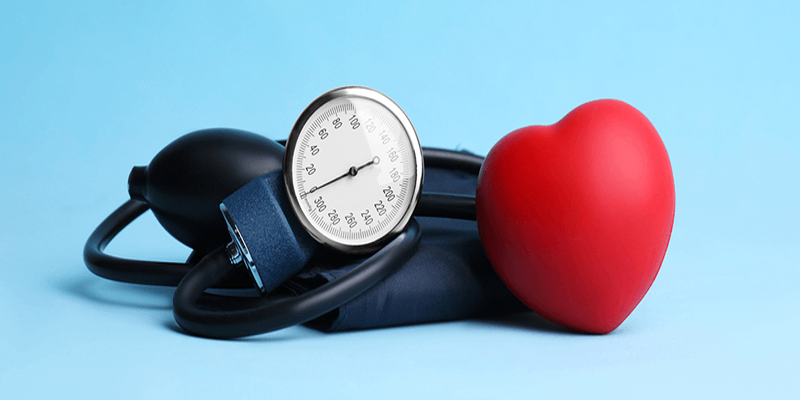
Hypertension
Hypertension, also known as high blood pressure, is a chronic medical condition in which the force of the blood against the walls of the arteries is consistently too high. Over time, this increased pressure can lead to serious health problems, such as heart disease, stroke, and kidney damage. Hypertension is often called the "silent killer" because it typically has no symptoms but can cause significant damage to the cardiovascular system and other organs.
Understanding Blood Pressure
-
Blood Pressure Readings: Blood pressure is measured in millimeters of mercury (mm Hg) and recorded as two numbers:
- Systolic Pressure (Top Number): The pressure in your arteries when your heart beats.
- Diastolic Pressure (Bottom Number): The pressure in your arteries when your heart is at rest between beats.
- Example: A reading of 120/80 mm Hg is read as "120 over 80."
- Normal Blood Pressure: Generally considered to be around 120/80 mm Hg.
- Hypertension: Defined as having blood pressure readings consistently above 130/80 mm Hg.
Types of Hypertension
-
Primary (Essential) Hypertension
- Description: The most common type, with no identifiable cause. It develops gradually over many years and is influenced by genetics, lifestyle, and environmental factors.
- Risk Factors: Age, family history, obesity, lack of physical activity, high salt intake, excessive alcohol consumption, and smoking.
-
Secondary Hypertension
- Description: High blood pressure caused by an underlying condition. This type of hypertension tends to appear suddenly and causes higher blood pressure than primary hypertension.
- Causes: Kidney disease, adrenal gland tumors, thyroid problems, certain medications (like birth control pills, cold remedies, decongestants), and illegal drugs (like cocaine).
Symptoms of Hypertension
- Often Asymptomatic: Most people with hypertension have no symptoms, even if blood pressure readings reach dangerously high levels.
-
Severe Hypertension Symptoms: In some cases, extreme hypertension (hypertensive crisis) can cause symptoms such as:
- Severe headaches
- Shortness of breath
- Nosebleeds
- Chest pain
- Visual changes
- Blood in the urine

